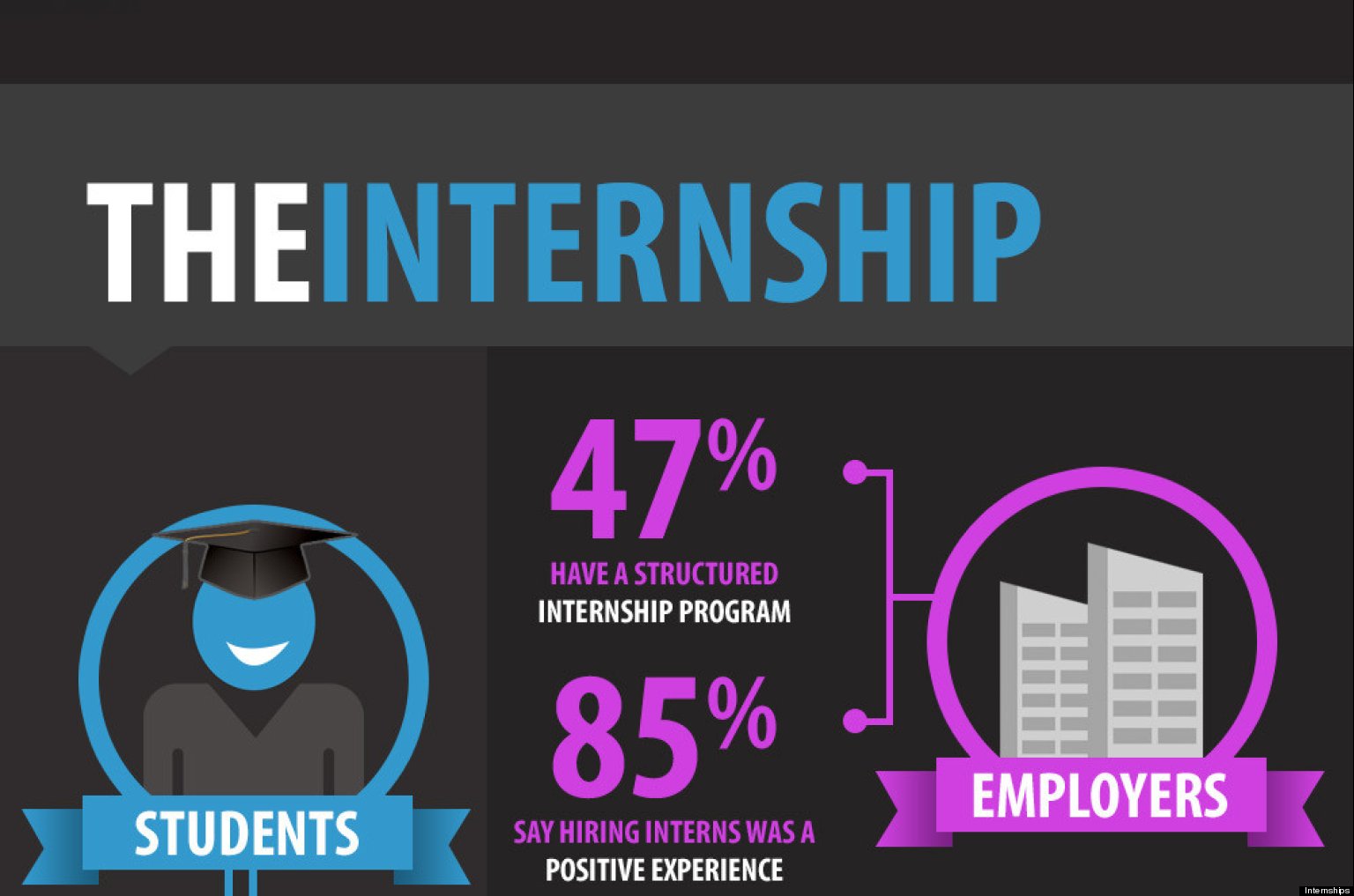Visual:
Citation:
Tyler Brown, M. "College Athletics Internships: The Case For Academic Credit In College
Athletics." American University Law Review 63.6 (2014): 1855. Publisher Provided Full Text Searching File. Web. 10 Mar. 2015.
Summary:
This article talk about another possible solution to the current problem that has arisen in college athletics, a solution that the NCAA would likely be in favor of. The author at the beginning of the article states that, ‘The current model for college athletics is ripe for change.” The problem now is trying to figure out which solution would be ideal for all parties that are currently involved. In this solution, the NCAA would like to make it so that athletics are considered an internship at the school in which athletes could gain academic credits for participating. Under this arrangement, the NCAA would not be required to compensate their players because they would now be considered “interns” as opposed to being an “employee” of the university if they were to privatize the sport. Sports would now be looked at like extra-curricular activities such as band and orchestra in which students can gain academic credits for participating. The author believes that the only way to reform the sport and keep the amateur status of players (something the NCAA is very keen on doing), is by academic reform in that making sure that athletes are getting the proper education for the sacrifices they are making for the school.
Author:
Tyler M. Brown currently works for the American University Washington College of Law, and has a B.A. in exercise and sports science from the University of North Carolina- Chapel Hill.
Key Terms:
Academic Compensation. A key term that is described in this article as a possible solution to the currently failing model of college athletics would be to provide a form of academic compensation to the athletes. This compensation would be granting the athletes academic credits for their participation in sports, treating the teams as a form of internship program.
Full Enjoyment of Education. Another key idea that is talked about in the article is the effect that giving athletes academic credit would have on their ability to reap the full benefits of their free education. The author believes that with athletes gaining credits they will be academically inclined and in turn care more about their education. I think this is a possible outcome but I also think that it could have an opposite effect, causing players to get lazy thinking they are doing schoolwork while at practice.
Quotes:
- "The current model for college athletics is ripe for change." (1857)
- "...Returning to a truer form of amateurism in which college athletics becomes a part of college education as a pure extracurricular experience." (1858)
- Providing college athletes with the opportunity to receive academic credit for athletic participation through internships resolves several problems with the current college athletics model." (1899)
An article that was been very helpful in research and rises another possible solution to the problem of player exploitation is called, “College Athletics Internships: The Case for Academic Credit in College Athletics,” by Tyler Brown. This article talk about another possible solution to the current problem that has arisen in college athletics, a solution that the NCAA would likely be in favor of. The author at the beginning of the article states that, ‘The current model for college athletics is ripe for change.” The problem now is trying to figure out which solution would be ideal for all parties that are currently involved. In this solution, the NCAA would like to make it so that athletics are considered an internship at the school in which athletes could gain academic credits for participating. Under this arrangement, the NCAA would not be required to compensate their players because they would now be considered “interns” as opposed to being an “employee” of the university if they were to privatize the sport. Sports would now be looked at like extracurricular activities such as band and orchestra in which students can gain academic credits for participating. The author believes that the only way to reform the sport and keep the amateur status of players (something the NCAA is very keen on doing), is by academic reform in that making sure that athletes are getting the proper education for the sacrifices they are making for the school.

No comments:
Post a Comment